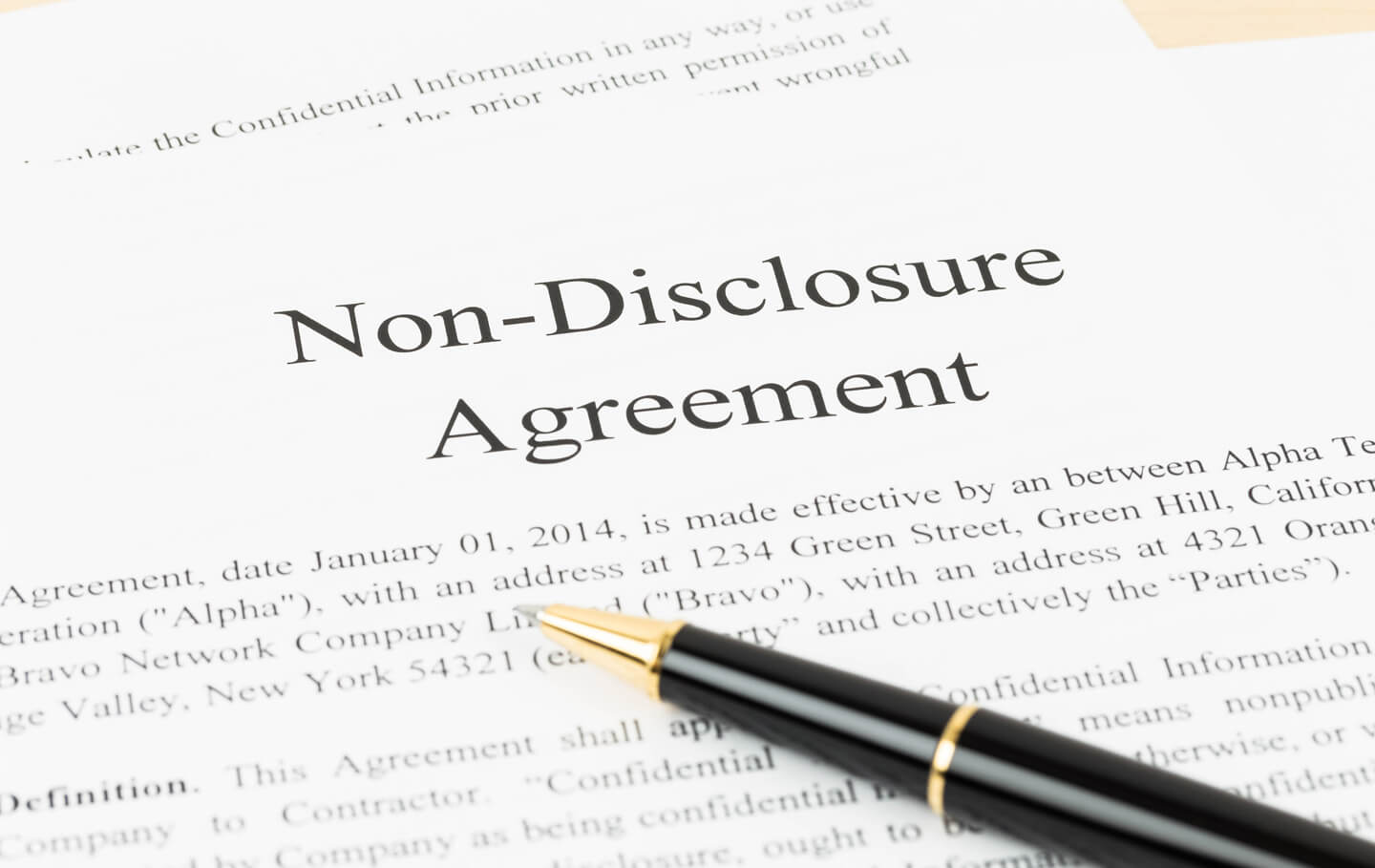Non-disclosure agreements (NDAs) are a frequently used legal tool in various areas of business law, particularly in employment contracts. While NDAs serve to safeguard the interests of employers and their clients or customers, they may also be employed to silence workers who speak out against unfavorable working conditions. If you need help with anything relating to employment NDA, you can learn more at the New York employment lawyer podcast.
What is NDA?
An NDA, short for a non-disclosure agreement, is a contract often utilized by employers to prevent the public disclosure of confidential or sensitive information. Such information may include trade secrets, proprietary data, client data, market research, or any other data that could harm the employer if made public. By signing an NDA, an employee agrees not to disclose the specified information to individuals who are not authorized to access it.
Why are NDAs signed?
Non-disclosure agreements (NDAs) are frequently utilized in professions where staff frequently work with confidential or sensitive information, including product research and development, market research, or finance. They are also common in positions that deal with clients’ personally identifying information, as well as those that handle legally protected data such as legal or medical records. Furthermore, employees may be obliged to sign an NDA as part of a settlement or court order if they are embroiled in a dispute with their employer.
Consequences of Violating NDA:
Consequences of violating an NDA can lead to legal action taken by your employer against you for breaching the terms of the agreement. Such lawsuits may involve charges such as breach of contract, infringement of intellectual property rights, or violation of fiduciary duty, depending on the type of confidential information disclosed. The lawsuit aims to recover damages caused by the disclosure and prevent employees from discussing what they saw or experienced by intimidating them.
Enforcing NDA:
Enforcement of an NDA is not always possible, as not every NDA is valid. Some employers may draft NDAs that are too broad and try to use them to prevent disclosures that are not confidential or sensitive. Additionally, an NDA cannot be used to prevent an employee from reporting illegal activity or fulfilling their duty to report. If you are uncertain about whether an NDA may impact your ability to discuss certain topics, it is advisable to seek advice from an attorney experienced in employment law.
Final Thoughts:
While violating an NDA can have legal consequences, not all NDAs are enforceable, and employees have the right to report illegal activities. If you have concerns about the terms of an NDA, it is recommended to consult with an employment lawyer.





